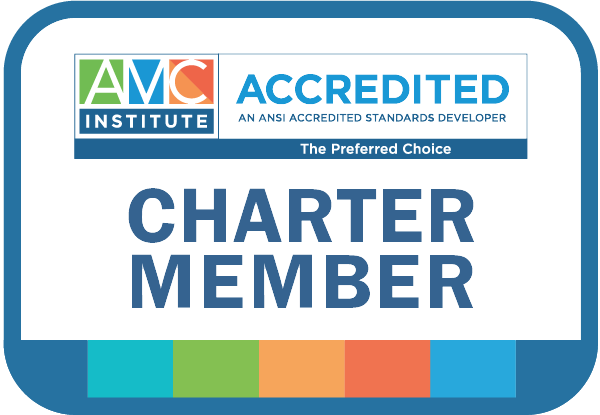Is Succession Planning Important for Volunteer Leaders?

One often heard piece of advice is when a person steps into a leadership role in business, the first thing they should do is find their successor. That’s very true for most companies but, Is succession planning important for volunteer leaders in associations?
The short answer – YES.
Think about the various leadership opportunities within an association. The Board of Directors, the Officers, the Committee Chairs, the Chapters (if there are any). It is critical that association leaders have planned successions for all leadership positions.
But how can they do this? After all, they’re volunteering their time and need to focus on the important aspects of the association, like its mission, right? Of course that’s true, but remember, if there is no succession plan, there is no way the organization can achieve its mission.
Here are some helpful tips for volunteer leaders to initiate succession plans:
Officers.
Every association should have a policy for electing officers. However, in addition to the election policy, there must be a clear path to find the best candidates for office. Typically these candidates come from the current Board of Directors but may also come from committee chairs or even committee members.
As soon as one is elected into an officer position, he/she should start thinking about who would be a qualified, effective leader in that role. At that point the “recruitment” process begins. The officer should initiate discussions with other officers and those tasked with developing nominations about who the best successors may be. After consensus is reached, the officers and nominating committee members should reach out to the potential nominees to gauge interest and “sell” the positions.
Many associations do some form of this but most wait until the end of their term to begin this process. It is critical the process to find your successor start at the beginning of your term. What kinds of qualities should you look for in a future officer?
- Someone committed to achieving the mission of the association
- Someone who has demonstrated their his/her willingness and ability to commit the required time to the position
- Someone who is open minded and interested in the opinions of others
- Someone who is a consensus builder
- Someone who has a positive attitude and outlook about the association
Directors.
The pool of potential Directors is usually larger than potential Officers. Typically these are the people who are chairing committees or who have been engaged in the association for some time. It is every director and officer’s job to help find (and even groom) future directors.
Again, this process should start at the beginning of the director and officer terms to allow ample time to find the right candidates. The process should be coordinated through the Nominating committee process. What kinds of qualities should you look for in a future director?
- Someone committed to achieving the mission of the association
- Someone who has demonstrated his/her willingness and ability to commit the required time to the position
- Someone who is open minded and interested in the opinions of others
- Someone who has a positive attitude and outlook about the association
- Someone who will come to meetings prepared and ready to make necessary decisions
Committee Chairs.
Typically, any member of the association can be a committee chair. The best way to assure a smooth succession plan for a committee is to appoint “vice chairs” for each committee. The vice chair is the logical successor to the committee chair.
As soon as one is appointed committee chair, he/she should begin the process of finding and selecting someone to serve in the vice chair role. The best pool of candidates is, of course, from active and engaged committee members.
However, that’s not the only pool. There may be other members interested and capable. If you know someone who has the leadership qualities you desire for the association, but they haven’t yet been engaged, a vice chair role is a great place to start. What kinds of qualities should committee chairs and vice chairs possess?
- Someone who has a positive attitude and outlook about the association
- Someone who has the willingness to commit the time required for the position
- Someone who has specific knowledge or interest in the content area the committee is focused on, is helpful, though not required
- Someone who can run an effective meeting by keeping the committee focused on the agenda
- Someone who can engage others and encourage their participation in the committee or other association activities
As an association leader your most important job is to focus on achieving the mission of your organization. Your second most important job is succession planning – making sure your association has qualified leaders filling officer, director and committee chair roles for years to come.


